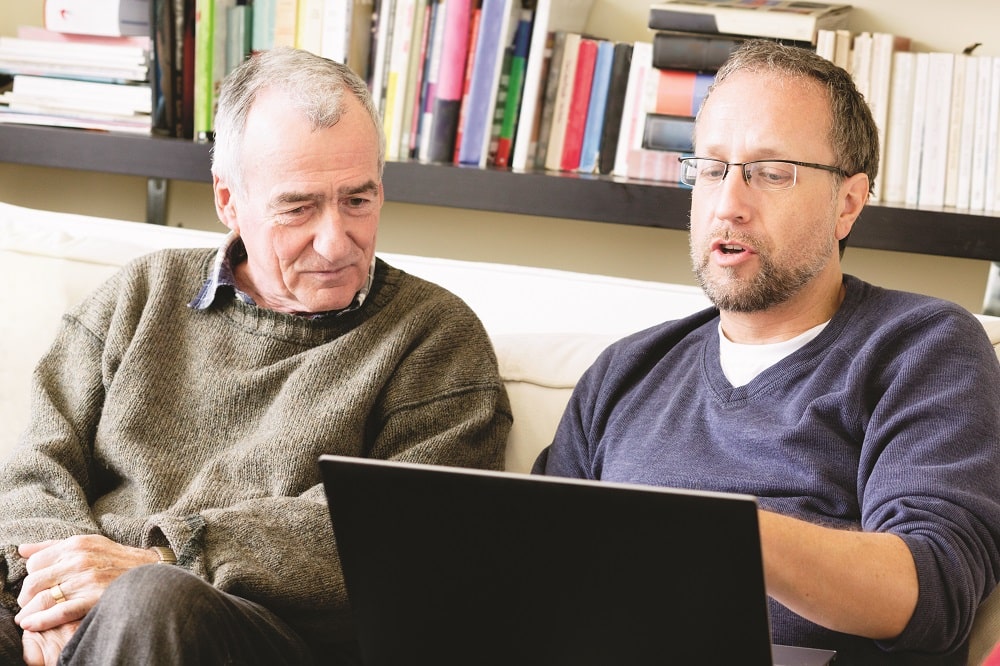Further to a blog we posted in July 2020 on the subject of witnessing Wills by video link, a Statutory Instrument (SI) has now been laid before Parliament, which will come into force on 28 September 2020. The effect of this will be to change the requirements for witnessing Wills to allow witnessing by video link. This will apply to all Wills made between 31 January 2020 and 31 January 2021.
The SI is very brief and it gives no real guidance on how to correctly manage this new procedure.
The proposed changes
In England and Wales, the law governing the requirements for signing Wills is set out in section 9 of the Wills Act 1837. Broadly speaking, and subject to some narrow technical exceptions, section 9 states that the Will must be signed by the person making it (the Testator) in the presence of two witnesses, who must also sign in the Testator’s presence. The amendment to this law is to say that in the “presence” of now includes “presence” by means of video transmission.
What are the potential drawbacks of video-witnessing?
This has the potential to go very wrong in ways which will not become apparent until after the Testator has died, at which point it will be too late to correct any mistakes, so the risk of a Will turning out to be invalid is high. It will need at least two (and possibly three) video conferences to be executed correctly. The Testator must sign the Will while being watched via video link by the witnesses; the Testator then needs to send the Will to the witnesses and watch them sign it as well. It would seem that the Will would not be valid until both witnesses have signed it. This is, therefore, a particularly unsuitable method of Will signing in cases of significant urgency, as the Will might not reach both witnesses in time for the Testator to see them both sign before he or she dies.
Guidance
Our view remains that this method of witnessing should only ever be considered as a method of last resort. Even if you are self-isolating, we would suggest that using neighbours as witnesses (as long as neither they nor their spouses or civil partners benefit under the Wills) is preferable.
Effective execution of Wills is possible, as long as:
- Everyone can see everyone else signing;
- The Will is always in the line of sight of the Testator and both witnesses; and
- The witnesses maintain a social distance of two metres or more.
Recent examples have included:
- Being the other side of a garden fence;
- The bonnet of a car;
- Passing the Will back and forth through an open kitchen window.
If you follow the above rules, in person witnessing is possible and preferable, even if self-isolating.
How we can help you
At TWM, our Private Client team are specialists in Wills, trusts, estate planning and personal tax. We are able to advise you on the requirements for making valid and effective Wills which best suit your circumstances and wishes. Our expert solicitors can also act as witnesses, either in one of our offices (where we have social distancing safeguards in place) or, if necessary, at the testator’s home.
If you would like to speak to one of our Private Client solicitors about your current Will, or would like help with putting a new Will in place, please contact any of our offices and we will be pleased to assist.


